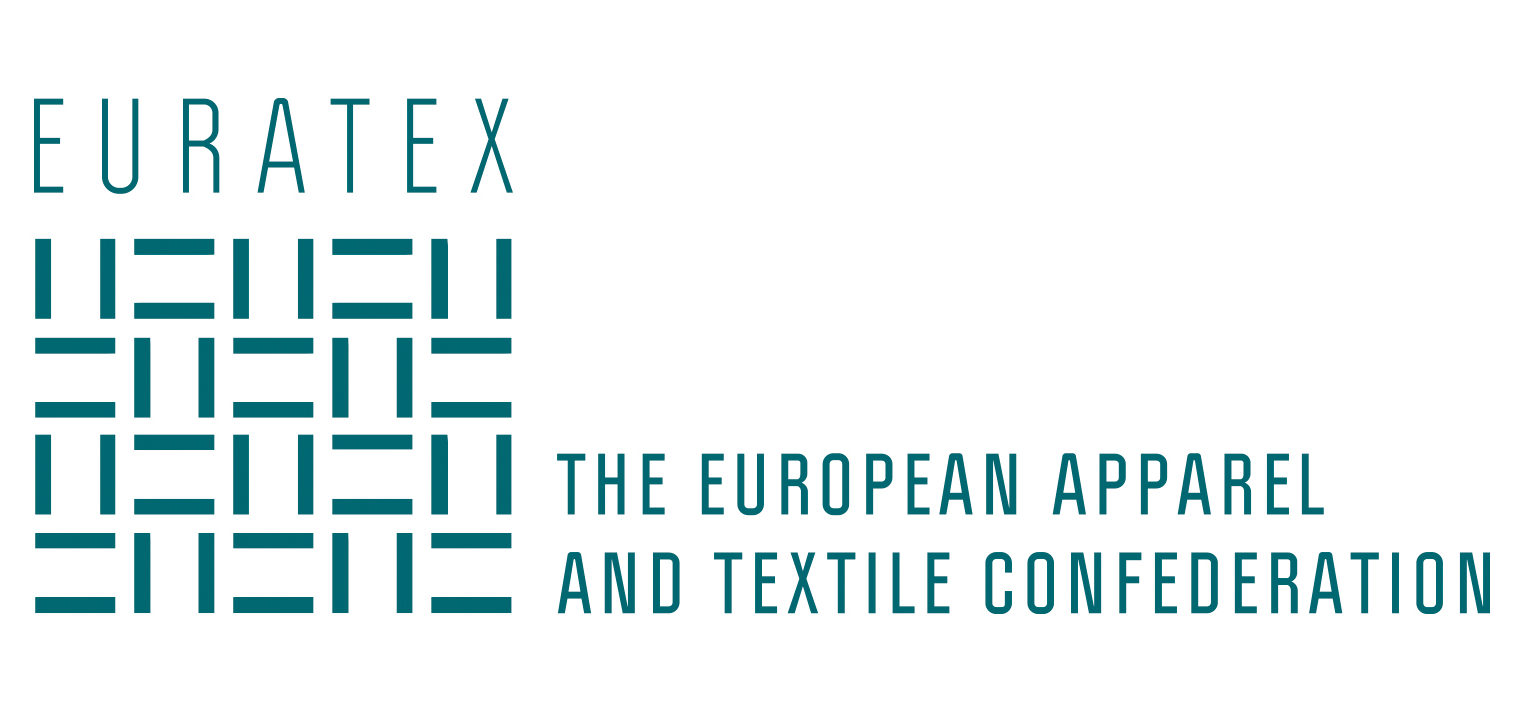
Brussels, 10 February 2021 – EURATEX welcomes the Huitema Report on Circular Economy Action Plan, voted yesterday in the European Parliament. EURATEX is ready to engage with all the stakeholders involved in the process and contribute to the debate on specific provisions, like Ecodesign and greenwashing.
EURATEX welcomes the EP own-initiative report on Circular Economy as it sets the right path out of a linear economy. It sets the right framework to develop future legislation on specific provisions.
EURATEX agrees that the textile and clothing sector needs tools to guarantee the level playing field and avoid greenwashing. As proposed in the report, Ecodesign, or rather Circular Design, can play an important role in establishing a true circular economy. It can ensure level playing field, harmonized rules and standards, and the scaling-up of technology & products. Nevertheless, when defining such sustainability criteria, there must always be a clear attention to the product, the materials and the usage scenario. Moreover, it is very important for textile and clothing companies to get an Ecodesign directive which is specific for the sector. If new requirements on Ecodesign, sustainability and circularity aren´t set up in a proper and fact-based form, the sustainable product cannot become the norm. Every product type is different and, therefore, different aspects need to be looked at.
With regard to the measures against greenwashing and false environmental claims mentioned in the report, it should though be noticed that there is a high number of sustainability standards for textiles and labelling to track the supply chains. It is important then not to create additional labels but, instead, formulate clear recommendations on which standards, already in the use, should be accepted. Before embarking in this process, the EC should also have a clear assessment on how consumers can get information, how much it will cost and how high is the risk to oversimplify information, in order to ensure trustworthy, clear and relevant information. For SMEs it will be crucial to be supported in the transition including help to process the necessary data without extra burdens and without dependency from datasets owners.
The Report foresees strengthening the role of Green Public Procurement by establishing minimum mandatory criteria and targets. EURATEX already asked in its Circular Economy strategy for green public procurement. Through it, Members States can boost closed-loop productions, promote scale economies which lower costs and proactively drive changes, or lead by example.
The Circular Economy Action Plan also considers the barriers to circularity, the current economic situation and the national recovery plans. These issues converge into the leading EURATEX initiatives for circularity, the ReHubs. The initiative aims to develop through circularity for textiles materials and achieve the objectives settled by the Green Deal. ReHubs may also solve the upcoming problem of how to deal with “skyscrapers” of textile waste which will otherwise be generated with the mandatory separate textile collection by end of 2024. The Recycling Hubs are being designed to operate as an integrated systemacross European countries near textile and apparel districts y.
“The EU set indeed a forward-looking target on waste collection, but currently no country has the structures to manage such a flow of waste. The ReHubs aims at anticipating this upcoming need and offer a solution” commented Mauro Scalia, EURATEX Director for Sustainable Businesses.
